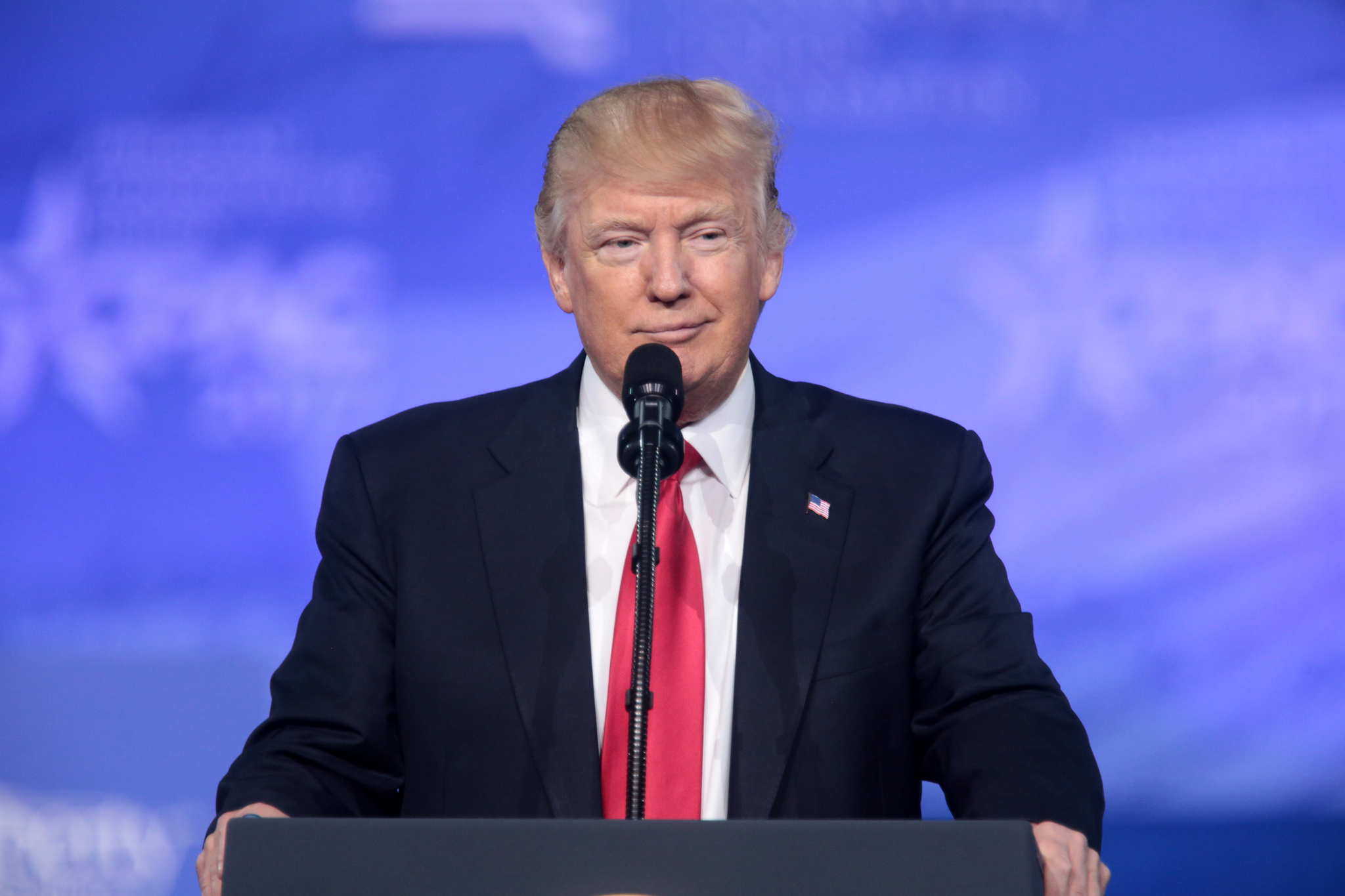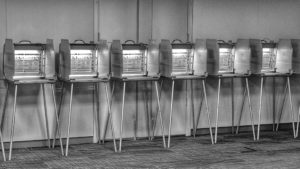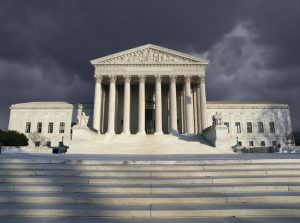How to Stop Trump
If they really want to stop the president, Democrats must address the causes of Donald Trump’s rise: years of stagnant wages and big money’s corruption of our democracy. Gage Skidmore / CC BY-SA 2.0
Gage Skidmore / CC BY-SA 2.0
Why did working class voters choose a selfish, thin-skinned, petulant, lying, narcissistic, boastful, megalomaniac for president?
With the 2018 midterms around the corner, and prospective Democratic candidates already eyeing the 2020 race, the answer is important because it will influence how Democrats campaign.
One explanation focuses on economic hardship. The working class fell for Trump’s economic populism.
A competing explanation – which got a boost this week from a study published by the National Academy of Sciences – dismisses economic hardship, and blames it on whites’ fear of losing status to blacks and immigrants. They were attracted to Trump’s form of identity politics – bigotry.
If Democrats accept the bigotry explanation, they may be more inclined to foster their own identity politics of women, blacks, and Latinos. And they’ll be less inclined to come up with credible solutions to widening inequality and growing economic insecurity.
Yet the truth isn’t found in one explanation or the other. It’s in the interplay between the two.
Certainly many white working class men and women were – and still are – receptive to Trump’s bigotry.
But what made them receptive? Racism and xenophobia aren’t exactly new to American life. Fears of blacks and immigrants have been with us since the founding of the Republic.
What changed was the economy. Since the 1980s the wages and economic prospects of the typical American worker have stagnated. Two-thirds now live paycheck to paycheck, and those paychecks have grown less secure.
Good-paying jobs have disappeared from vast stretches of the land. Despite the official low unemployment rate, millions continue to work part-time who want steady jobs or they’re too discouraged to look for work.
When I was Secretary of Labor in the 1990s, I frequently visited the Rust Belt, Midwest, and South, where blue-collar workers told me they were working harder than ever but getting nowhere.
Meanwhile, all the economy’s gains have gone to the richest ten percent, mostly the top 1 percent. Wealthy individuals and big corporations have, in turn, invested some of those gains into politics.
As a result, big money now calls the shots in Washington – obtaining subsidies, tax breaks, tax loopholes (even Trump promised to close the “carried interest” loophole yet it remains), and bailouts.
The near meltdown of Wall Street in 2008 precipitated a recession that cost millions their jobs, homes, and savings. But the Street got bailed out and not a single Wall Street executive went to jail.
The experience traumatized America. In the two years leading up to the 2016 election, I revisited many of the places I had visited when I was labor secretary. People still complained of getting nowhere, but now they also told me the system was “rigged” against them.
A surprising number said they planned to vote for Bernie Sanders or Donald Trump – the two anti-establishment candidates who promised to “shake up” Washington.
This whole story might have been different had Democrats done more to remedy wage stagnation and widening inequality when they had the chance.
Instead, Bill Clinton was a pro-growth “New Democrat” who opened trade with China, deregulated Wall Street, and balanced the budget. (I still have some painful scars from that time.)
Obama bailed out the banks but not homeowners. Obamacare, while important to the poor, didn’t alleviate the financial stresses on the working class, particularly in states refused to expand Medicaid.
In the 2016 election Hillary Clinton offered a plethora of small-bore policy proposals – all sensible but none big enough to make a difference.
Into this expanding void came Trump’s racism and xenophobia – focusing the cumulative economic rage on scapegoats that had nothing to do with its causes. It was hardly the first time in history a demagogue has used this playbook.
If America doesn’t respond to the calamity that’s befallen the working class, we’ll have Trumps as far as the eye can see.
A few Democrats are getting the message – pushing ambitious ideas like government-guaranteed full employment, single-payer health care, industry-wide collective bargaining, and a universal basic income.
But none has yet offered a way to finance these things, such as a progressive tax on wealth.
Nor have they offered a credible way to get big money out of politics. Even if “Citizens United” isn’t overruled, big money’s influence could be limited with generous public financing of elections, full disclosure of the source of all campaign contributions, and a clampdown on the revolving door between business and government.
Trump isn’t the cause of what’s happened to America. He’s the consequence – the product of years of stagnant wages and big money’s corruption of our democracy.
If they really want to stop Trump and prevent future Trumps, Democrats will need to address these causes of Trump’s rise.
Your support matters…Independent journalism is under threat and overshadowed by heavily funded mainstream media.
You can help level the playing field. Become a member.
Your tax-deductible contribution keeps us digging beneath the headlines to give you thought-provoking, investigative reporting and analysis that unearths what's really happening- without compromise.
Give today to support our courageous, independent journalists.





You need to be a supporter to comment.
There are currently no responses to this article.
Be the first to respond.